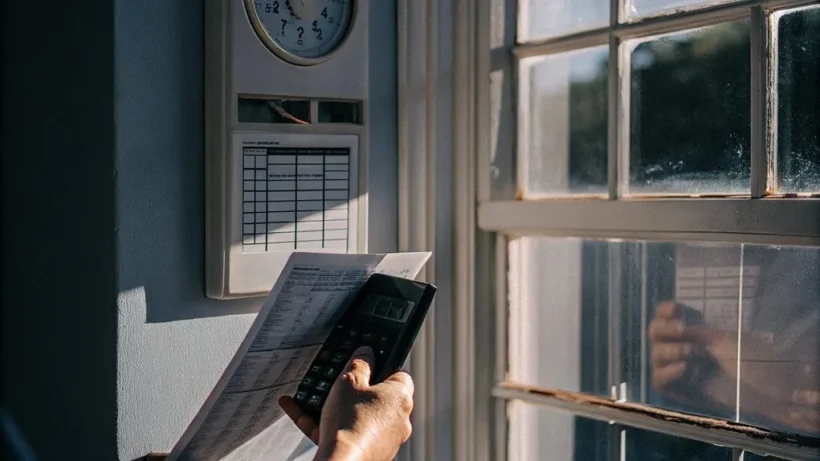How Do I Avoid Overcharges Long-Term? Secure Your Savings
To avoid overcharges long-term, organisations should implement mechanised expense tracking systems with OCR technology for real-time transaction visibility. Clear contractual agreements with detailed SLAs prevent billing disputes, whilst regular financial audits strengthen internal controls. Technology solutions like Expensify and PowerBI improve monitoring capabilities and simplify data analysis for South African









